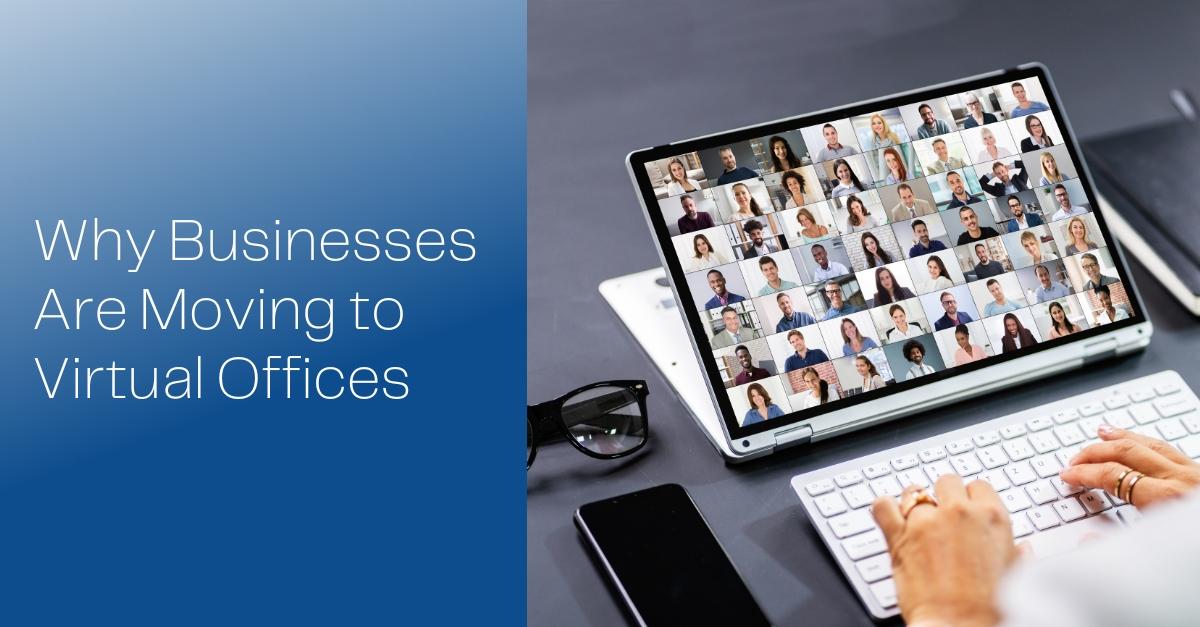
1. Cost-Efficiency is Key
One of the primary reasons businesses are ditching physical offices is the significant reduction in operational costs. Renting commercial space, maintaining utilities, hiring in-office support staff, and daily overheads can quickly add up. A virtual office eliminates these expenses while still offering a professional address, reception services, and meeting room access when needed.
For Indian startups and SMEs, in particular, this cost-saving model means more funds can be invested in core operations and talent acquisition.
2. Access to a Global Talent Pool
Remote work removes geographical boundaries, allowing businesses to tap into a vast talent pool from around the globe. Companies can now hire the best minds regardless of location—whether it’s a tech developer from Bengaluru, a content strategist from Delhi, or a marketing consultant from New York.
This flexibility not only boosts productivity but also brings diverse perspectives and ideas into the team.
3. Improved Work-Life Balance
Remote work gives employees the flexibility to design their schedules around peak productivity times. This autonomy leads to better work-life balance, reduced stress, and increased job satisfaction. Happy employees are productive employees, and businesses are recognizing this as a win-win situation.
4. Technology is Enabling Seamless Collaboration
With tools like Zoom, Slack, Asana, Notion, and Microsoft Teams, remote collaboration has never been easier. Teams can brainstorm, track projects, host meetings, and communicate in real-time—making the physical office nearly redundant.
Cloud-based technologies and cybersecurity innovations are also ensuring that data is safe and accessible anytime, anywhere.
5. Eco-Friendly Operations
Virtual offices contribute to a lower carbon footprint. With fewer people commuting, less paper used, and reduced office energy consumption, businesses are aligning their operations with environmental sustainability goals.
This is particularly important for companies looking to enhance their ESG (Environmental, Social, and Governance) profiles.
6. Scalability Made Simple
As a business grows, a virtual office setup allows for easy expansion. There's no need to hunt for bigger physical spaces or go through lengthy lease agreements. Whether you're onboarding 5 or 50 new employees, virtual infrastructure can scale with ease—making it a practical solution for fast-growing firms.
7. Adapting to the New Normal
The pandemic has forever altered how we perceive work. Employees now expect flexibility, and businesses that fail to adapt risk losing talent. By moving to a virtual office model, companies are future-proofing their operations and staying competitive in a digital-first world.
Final Thoughts: The Virtual Office is Here to Stay
Remote work is no longer a trend—it’s the new normal. As businesses continue to prioritize flexibility, cost-efficiency, and digital readiness, the virtual office model is emerging as the smart choice for future-ready companies.
IndiaAdvisor recommends that businesses, especially those in fast-moving sectors like IT, fintech, consulting, and e-commerce, evaluate how virtual offices can fit into their long-term growth strategy. With the right tools and mindset, the future of remote work looks not just viable—but incredibly promising.



